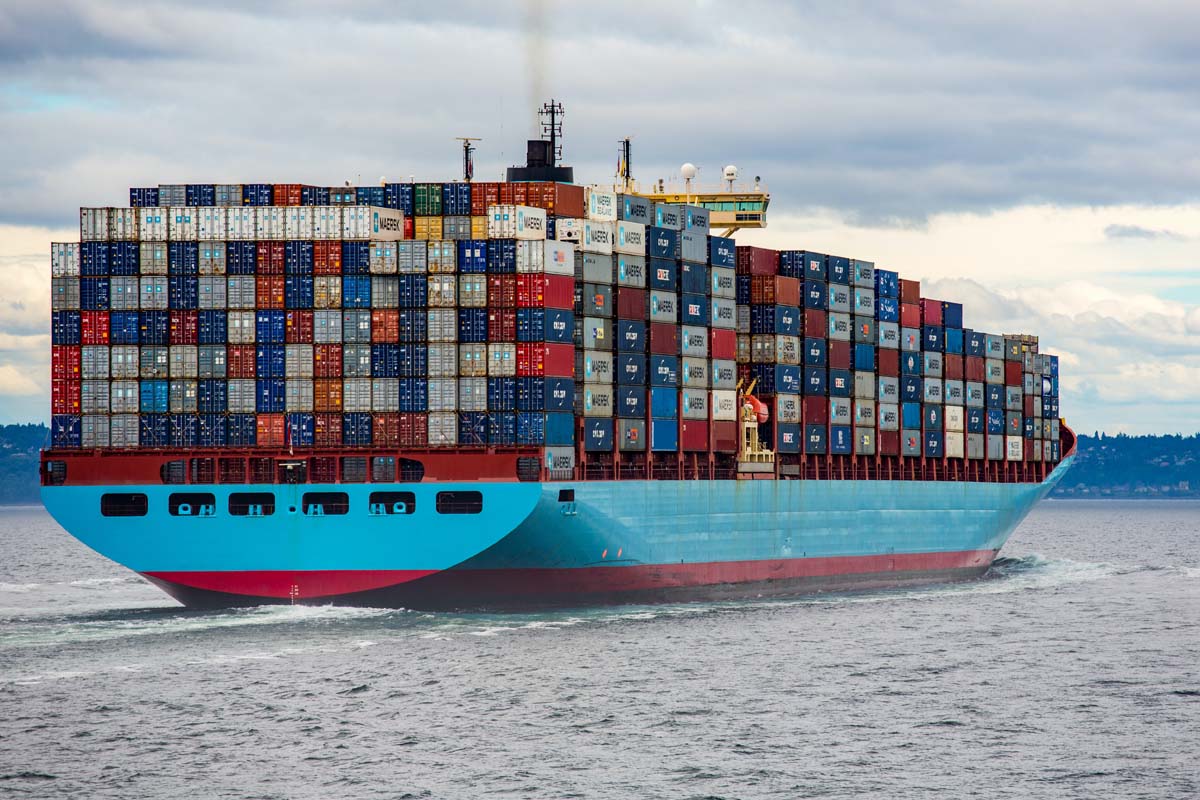
403
Sorry!!
Error! We're sorry, but the page you were looking for doesn't exist.
Port of Aqaba witnesses significant increase in number of containers
(MENAFN) In May, the port of Aqaba witnessed a significant increase in the number of containers being imported and exported. However, trade unionists and maritime transport experts caution that container traffic is still below normal levels, attributing the shortfall to ongoing issues in the Red Sea region.
In interviews with "Al-Ghad," experts noted a clear improvement in the export and import activity at Aqaba port during February, March, April, and May. This uptick contrasts with the slower activity recorded in January, December, and November of the previous year. Despite the progress, shipping and insurance costs remain relatively high, and the time required for goods to reach their destinations has lengthened.
Experts expressed optimism that the flow of incoming and outgoing goods would continue to improve in June, stressing that there is currently no major concern regarding supply chains. They reported an increase in the number of containers imported to Aqaba in May, which reached 37,896 containers, up from 34,135 containers in April.
However, data for the first third of this year compared to the same period last year reveals a noticeable decline in container traffic. The total number of incoming containers fell by 18 percent, and the number of outgoing containers decreased by 30 percent in the first third of 2024 compared to the first third of 2023.
Dr. Duraid Mahasneh, head of the Jordan Shipping Association, pointed out that the recent Zionist attack on Gaza has disrupted supply chains and negatively impacted the overall economic situation. Mahasneh told Al-Ghad that food imports through the Bab al-Mandab Strait have been delayed, with shipping and insurance costs rising by about USD4,000 compared to pre-October 7 levels. This increase is due to the rerouting of shipping lines to the Cape of Good Hope instead of the Bab al-Mandab Strait.
While the port of Aqaba has shown signs of recovery in container traffic, ongoing geopolitical events and logistical challenges continue to present significant obstacles.
There is hope that the coming months will bring further stabilization and improvements in the maritime transport sector, helping to ease the current pressures on supply chains and economic conditions.
In interviews with "Al-Ghad," experts noted a clear improvement in the export and import activity at Aqaba port during February, March, April, and May. This uptick contrasts with the slower activity recorded in January, December, and November of the previous year. Despite the progress, shipping and insurance costs remain relatively high, and the time required for goods to reach their destinations has lengthened.
Experts expressed optimism that the flow of incoming and outgoing goods would continue to improve in June, stressing that there is currently no major concern regarding supply chains. They reported an increase in the number of containers imported to Aqaba in May, which reached 37,896 containers, up from 34,135 containers in April.
However, data for the first third of this year compared to the same period last year reveals a noticeable decline in container traffic. The total number of incoming containers fell by 18 percent, and the number of outgoing containers decreased by 30 percent in the first third of 2024 compared to the first third of 2023.
Dr. Duraid Mahasneh, head of the Jordan Shipping Association, pointed out that the recent Zionist attack on Gaza has disrupted supply chains and negatively impacted the overall economic situation. Mahasneh told Al-Ghad that food imports through the Bab al-Mandab Strait have been delayed, with shipping and insurance costs rising by about USD4,000 compared to pre-October 7 levels. This increase is due to the rerouting of shipping lines to the Cape of Good Hope instead of the Bab al-Mandab Strait.
While the port of Aqaba has shown signs of recovery in container traffic, ongoing geopolitical events and logistical challenges continue to present significant obstacles.
There is hope that the coming months will bring further stabilization and improvements in the maritime transport sector, helping to ease the current pressures on supply chains and economic conditions.

Legal Disclaimer:
MENAFN provides the
information “as is” without warranty of any kind. We do not accept
any responsibility or liability for the accuracy, content, images,
videos, licenses, completeness, legality, or reliability of the information
contained in this article. If you have any complaints or copyright
issues related to this article, kindly contact the provider above.


















Comments
No comment